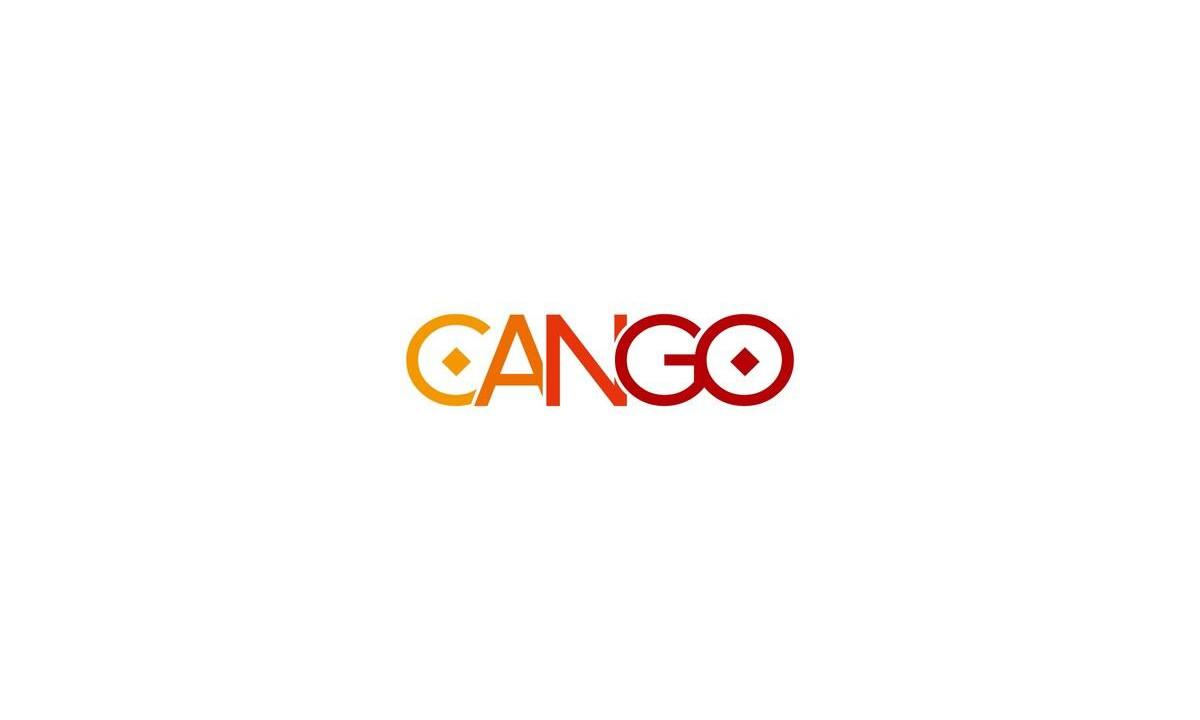Key Points:
- Russia has passed a law introducing a digital ruble.
- Once approved by President Vladimir Putin, the law will come into force in less than a month, on August 1, 2023.
- If passed, it would be the largest country to adopt a central bank digital currency (CBDC) officially.
The State Duma, the lower house of the Russian parliament, adopted in the second and third readings a law that creates the basis for the introduction of the digital ruble and the implementation of non-cash payments using the digital ruble.

The law defines the terms “digital ruble platform,” “digital ruble platform rules”, “digital ruble platform participant”, “digital ruble platform user”, and “digital account wallet.”
The law sets out requirements for the operation of the digital ruble platform, the procedure for opening, maintaining, and closing a digital account, and access to the digital ruble platform.
Features of digital ruble account agreements, and digital ruble transfers are also clearly regulated. According to the document, attracting digital rubles in contributions (deposits) is impossible. Non-residents have access to the digital ruble platform through the digital ruble platform participants who are authorized banks or foreign banks who are the coin platform participants’ digital rubles.
By law, the Bank of Russia will be the operator of the digital ruble platform. The law will go into effect on August 1, 2023, and is currently awaiting the approval of President Vladimir Putin.

If Putin signs the law, it will officially make Russia the largest country to adopt a central bank digital currency (CBDC).
Driven by technological advancements and the growth of contactless payments, Central Bank Digital Currencies – CBDCs – a form of the official cryptocurrency of a country – promise to become the next factor in changing the landscape of the banking and payment industry worldwide. Now 93% of central banks have expressed interest in exploring CBDCs of some kind, according to a 2022 survey by the Bank for International Settlements.
Eighty-six banks responded to that survey, but 130 countries have launched, are exploring, or have canceled CBDC programs as of June, according to the Atlantic Council’s CBDC tracker.
DISCLAIMER: The information on this website is provided as general market commentary and does not constitute investment advice. We encourage you to do your own research before investing.






















